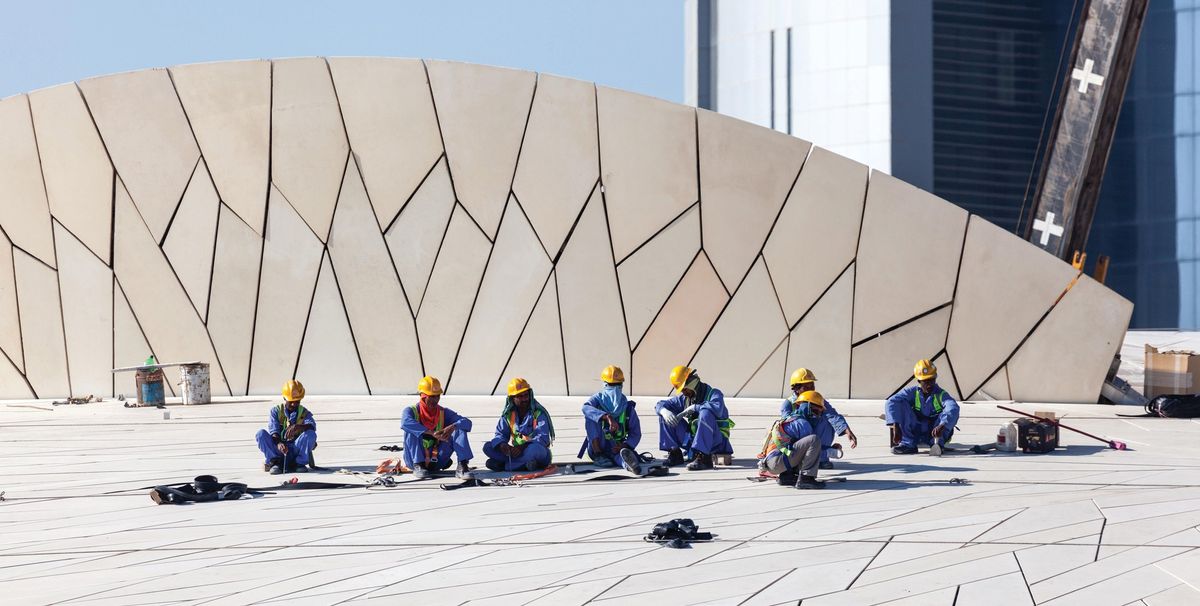The diplomatic crisis in the Middle East, which has resulted in the partial blockade of Qatar, has raised fears that cultural institutions and partnerships in the region could be destabilised.
In June, Saudi Arabia, Bahrain, the United Arab Emirates (UAE) and Egypt cut off trade and diplomatic links with Qatar, accusing it of supporting terrorism, which officials in the oil-rich state deny.
The Gulf allies behind the blockade have criticised Qatar for supporting the Muslim Brotherhood, an Islamist group they claim is a terrorist organisation. Libya, Yemen and the Maldives have joined the diplomatic boycott. The allies have demanded that Qatar comply with 13 demands, including closing the broadcaster Al Jazeera.
The diplomatic freeze could hit Qatar’s museum infrastructure hardest. Qatar Museums has in the past 15 years strived to build a network of institutions and establish Doha as a leading cultural centre. Qatari museums—including the Museum of Islamic Art and Mathaf Arab Museum of Modern Art—have historically good cultural relations with institutions in neighbouring Middle Eastern countries.
Abdellah Karroum, the director of Mathaf, tells us that he is not “allowed to comment on the blockade from the museum side”, highlighting instead that “we include artists from all countries in the permanent collection and projects”. An announcement in June confirmed that, after months of delays, the National Museum of Qatar, designed by Jean Nouvel, is due to open in December 2018. “As with any major construction project, timelines and milestones do shift. We are completely focused on delivering the opening in December 2018,” a spokesman says.
Sultan Sooud al-Qassemi, the founder of the Barjeel Art Foundation, based in the emirate of Sharjah, told the Associated Press in June that he was concerned. “Doha is now completely isolated. Doha now needs to take serious steps very rapidly to placate not only its neighbours but also its allies around the world,” he said. His foundation lent several works last year to a show featuring the Iraqi artist Dia al-Azzawi at Qatar Museums Gallery Alriwaq in Doha.
An arts professional working in Doha, who prefers to remain anonymous, points out that family and cultural ties in the region cut across politics. “If political relations were severed for any period of time, the close family connections across the region would act as a continued link,” she says. “It is too early to predict the impact on cultural co-operation initiatives; at the moment, everything is continuing as normal.”
The commercial sector is, for now, relatively unfazed. “So far, we have not felt any direct repercussions,” says William Lawrie of Lawrie Shabibi gallery in Dubai.
Meanwhile, one Dubai-based dealer told us that, even though flights between Qatar and the Gulf countries have stopped, works can be flown into Qatar via London and other cities. But, says the anonymous dealer, the UAE is threatening up to 15 years in jail for anyone who expresses sympathy for Qatar on social media.
The deadline set by the Arab bloc for Qatar to submit to its demands has been extended until midnight today (4 July).


